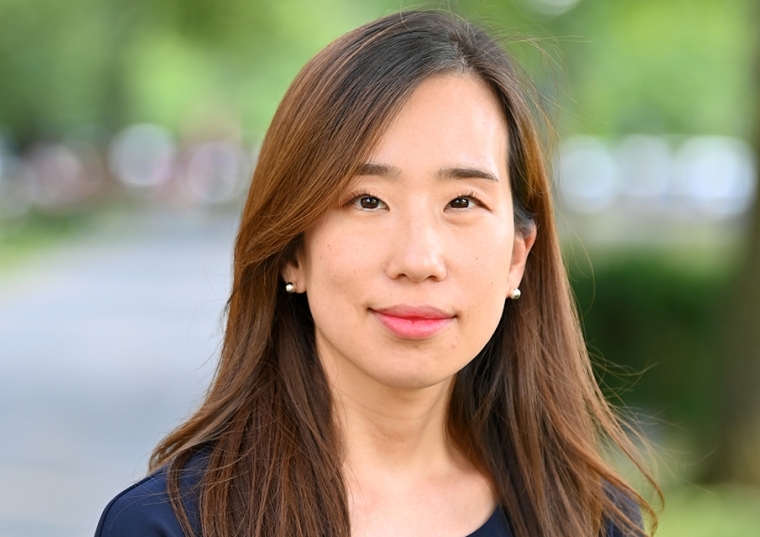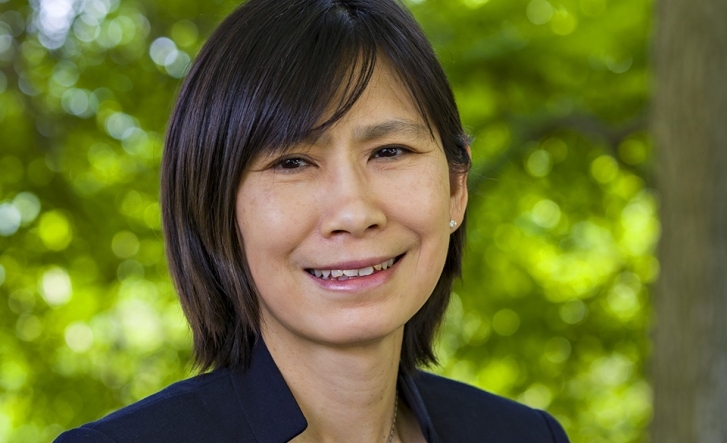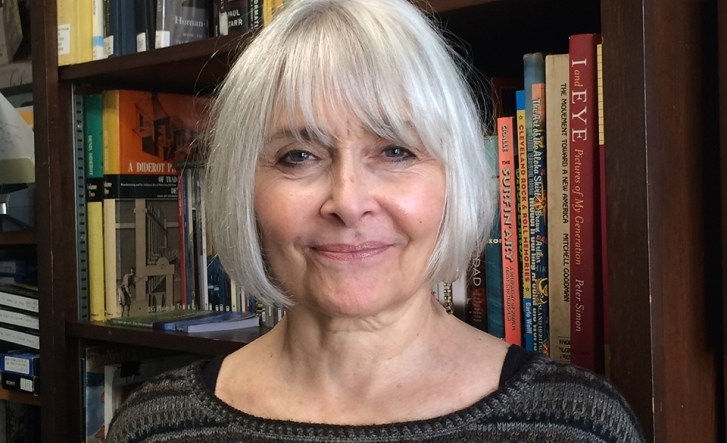St. John’s Faculty Member Receives Federal Grant to Further Cancer Treatment
Hyunah Cho, Ph.D., Assistant Professor, Pharmaceutical Sciences, College of Pharmacy and Health Sciences, was recently awarded a $745,000 grant from the National Institutes of Health (NIH). The grant will be used to further Dr. Cho’s research to enhance image-guided, surgical accuracy during the removal of brain tumors.

“Tumor removal surgery supported by our real-time tumor imaging guidance will likely demonstrate high surgical accuracy and precision, and can significantly improve surgical outcomes and patient survival.”
“My students and I were thrilled to receive this award, hoping to contribute to improving surgical outcomes and improving patients’ quality of life,” said Dr. Cho, who was awarded the grant through the NIH’s National Institute of General Medical Sciences.
The grant will provide valuable opportunities to expose undergraduate and graduate students at St. John’s University to meritorious research, according to Dr. Cho. “There is a high demand among undergraduate students to participate in research projects. This funding will allow more students to participate in research, broadening their horizons through hands-on lab experiences.”
Anne Y. F. Lin ’84P, ’86Pharm.D., FNAP, Dean, College of Pharmacy and Health Sciences, said, “Dr. Cho’s research has the potential to save lives and minimize surgical adverse effects, and I am excited our students will have the opportunity to work with Dr. Cho.”
Dr. Cho’s research focuses on developing nano-based optical imaging agents and evaluating their potential in brain imaging and neurological guidance during brain surgery. This system is designed to “switch on” the fluorescence signal when it arrives at the tumor site.
“Surgery plays a key role in the management of many types of brain cancers. In fact, the completion of surgical resection is a key prognostic factor in brain cancer treatment. This requires surgeons to identify residual tumors, as well as to pinpoint the proximity of the tumor to adjacent normal tissue,” said Dr. Cho.
Palpation or visual observations are commonly used by oncology surgeons to differentiate cancer lesions from normal tissue, which could potentially result in either an incomplete tumor resection, or accidental removal of normal tissue, Dr. Cho explained. “Moreover, malignant brain tumors are even more difficult to distinguish from normal brain tissue, and removing noncancerous tissue may create neurological defects after surgery.”
“Our team aims to develop, characterize, and evaluate intranasally delivered, tumor-targeting nanoparticles designed to switch ‘off’ the imaging signal until the nanoparticles arrive at tumor tissues and turn ‘on’ the imaging signal at tumor tissues to harm them with the strong fluorescence,” she said. “Tumor removal surgery supported by our real-time tumor imaging guidance will likely demonstrate high surgical accuracy and precision, and can significantly improve surgical outcomes and patient survival.”



